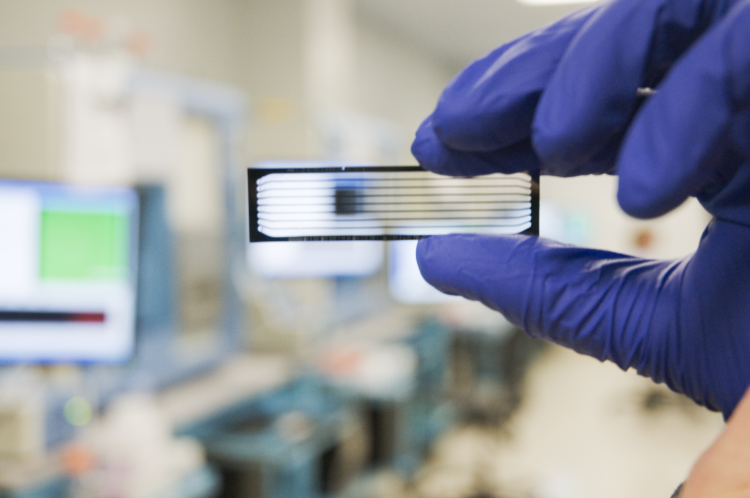
The potential impact of personalized medicine launched here at UW School of Pharmacy about twenty years ago, when Dave Veenstra’s graduate student Mitch Higashi,‘01, assembled a 200-member cohort of warfarin patients to study genetic factors influencing their drug response. They partnered with Allan Rettie in Medicinal Chemistry to go deeper.
Warfarin (CoumadinTM) has been a vital medication for many decades and used to prevent harmful clotting after a heart attack, stroke, or major surgery. There are risks with taking warfarin and patients taking the drug have to follow a strict regimen, including regular testing to ensure the dosing is correct.
“There is a narrow window between too much and too little effect,” explained Allan. “A small change in dose can have quite a large effect on blood processes.” If a patient’s dose is too high, it can cause excessive bleeding. Too low, and it can cause blood clotting. Getting that dose in the Goldilocks ‘just right’ zone has been a challenge for physicians and pharmacists for decades. Thus, there was great interest in being able to use emerging genetic testing technology to improve dosing for different populations for such an important drug.
The landmark paper by Mitch, Dave, Allan, and the UW research team, on the influence of CYP2C9 genetics on warfarin dosing was published in the Journal of American Medical Association (JAMA)in 2002. In 2005, the interdisciplinary team at UW School of Pharmacy led by Allan and Dave, which included Pharmaceutics’ Ken Thummel, ’87, identified an additional major genetic factor that led to significant shifts in how patients on the drug were dosed and monitored. The team identified a single gene, vitamin K epoxide reductase (VKORC1), which makes a protein that helps control clotting and is the key target of warfarin, as being responsible for 25% of the variance in warfarin dosages. Their discovery provided some explanation as to why certain people require a lower or higher dose of the drug.
The finding became a star in the case for personalized medicine— shifting medications and dosing based on a patient’s genetic profile. A few years later, the FDA revised warning label information on warfarin to raise physician awareness about the genetic impact.
Later studies continue to refine the team’s 2005 findings. In 2014, a team including Allan, Ken, Dave, and alumni Joshua Roth, ’12, and Denise Boudreau, ’02, completed the largest study of warfarin pharmacogenomics and major bleeding. They found a common CYP4F2 variant was associated with a 38% reduction in risk of major bleeding, potentially reflecting an interaction with warfarin and dietary vitamin K intake.
Research into the benefits of genetic testing continues with PharmD/PhD graduate student Lindsay Henderson’s research, with Allan, Ken, Dave, and others. Lindsay is first author on a paper looking at the unique pharmacogene variation that Alaska Native and American Indian (AN/AI) people have may affect warfarin disposition and therapeutic response. Her research shows promise for improving health outcomes for Alaska Native and American Indian people by using genetic testing.
Pharmacogenomics shows great potential to improve population health. Putting together the pieces of these genetic puzzles with consideration to the broad diversity of population health and managing the costs to substantiate the value of testing, continues to drive researchers at UW School of Pharmacy and beyond.
To study with UWSOP’s top faculty in health economics and outcomes, medicinal chemistry, and pharmaceutics, click here for more information about our Graduate Programs in Medicinal Chemistry, Pharmaceutics, Pharmaceutical Outcomes Research and Policy, and Biomedical Regulatory Affairs.
Want to earn your PharmD professional degree at the UW? Start here to learn more.